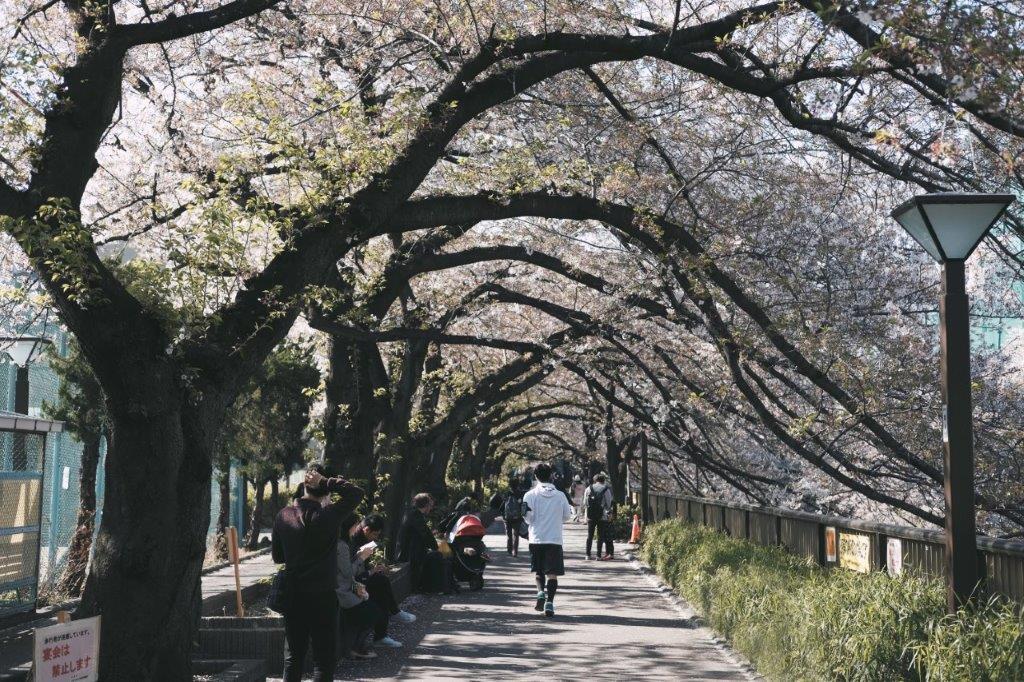2022 12/15
Daily Life Support - Rules of Garbage Disposal in Japan

It is no exaggeration to say that even many native Japanese people find the garbage disposal system quite confusing, it could be such a challenge, especially for those foreign residents who are new to Japan.
In many other countries, garbage is usually classified into recyclables, household waste, and vegetation waste. However, when it comes to the garbage disposal system in Japan, there are many specific rules to follow more than just simply classifying garbage into different categories, and those rules often vary depending on different regions and municipalities.
This article aims to introduce you to a detailed information guide regarding the garbage disposal rules in Japan.
Methods of Classification & Garbage Disposal:
The recycling-oriented economy of Japan with garbage classification.
In Japan, various laws related to garbage disposal have been enacted. As a country that used to have a serious garbage problem due to the popularization and abuse of disposable products, Japan has set a recycling-oriented economy model as its national goal.
By promoting the 3Rs (Reduce, Reuse, Recycle), Japan has improved resource productivity by about 60% and reduced the amount of final disposal by about 70% compared to the year 2000.
Undoubtedly, Japan would not achieve such current results without the cooperation and consideration of the Japanese people regarding the garbage classification rules to realize a reduction in the amount of garbage generated by reusing recyclable resources.
The 4 main categories of garbage classification in Japan.
・Burnable Garbage:
(paper garbage, kitchen garbage, clothes, paper diapers, cooking oil, plastic products with the longest side less than 50 cm, etc.)
・Non-burnable Garbage:
(plastic containers & packaging, glass, ceramics, LED light bulbs, frying pans, lighters, etc.)
・Recyclable Garbage:
(aluminum & steel cans, plastic bottles, magazines, newspapers, cardboard boxes, etc.)
・Oversized Garbage:
(furniture, home appliances, bicycles, etc.)
Two main ways to dispose of garbage: Collection Spot & Door-to-door Collection.
Garbage collection spots are mainly garbage storage sites installed in collective housing such as condominiums and apartments. In areas with less population, it is sometimes installed on the side of a road, and it is a duty for residents to keep it clean as it is a shared space.
On the other hand, the door-to-door collection is a system in which garbage is put out at the entrance of each household, and cleaning workers collect it one by one.
Garbage must be disposed of on the day of a week specified by the municipality.
In most regions, Burnable garbage will be collected 2-3 times per week, Non-burnable garbage usually 1-2 times per week, and recyclable garbage once a week.
Even within the same municipality, the collection day of a week may differ depending on the district and street address (including the specific time period in a day for taking out the garbage). The garbage collection schedule is usually posted on a notice board on the first floor of the apartment building or somewhere near the garbage collection spot.
For more detailed information, it might be necessary for you to contact the city or ward office of your residential location to learn more about the garbage disposal rules of the area.

Rules of Garbage Bags & Oversized Garbage:
Designated garbage bags might be required depending on different regions.
In some areas of Japan, there are no designated bags for throwing away garbage, while there are regions where people must use garbage bags designated by the municipality before disposing of garbage.
For example, in Tokyo, the usage of designated garbage bags is stipulated in areas except for the 23 wards of Tokyo and Musashimurayama City. That means in cities such as Chofu City and Machida City, garbage will not be collected by garbage trucks unless it is packed with a designated garbage bag.
The price of designated garbage bags varies depending on different areas, but the expensive ones could cost as much as JPY 90 per 45L garbage bag.
The purpose of the introduction of designated garbage bags by municipalities is to reduce garbage output from people by creating an image to them that throwing away garbage means spending more money on buying garbage bags.
Moreover, the requirement of using different designated garbage bags for each category of garbage makes it a lot easier to separate them.
Extra procedures and costs are required when disposing of Oversize garbage.
For disposing of garbage that is oversized, such as bicycles, electrical appliances, and furniture (generally over 30 cm), it is very necessary to contact the Ward Oversized Garbage Center of your residential location to make an appointment for a collection date.
Moreover, you will be informed by the Ward Oversized Garbage Center how much you will be charged depending on the size of the garbage, and you need to purchase the appropriate fee sticker at a convenience store.
After that, you will need to write your name on the sticker and attach it to the oversized garbage. Place it at the designated collection location before 8:00 am on the day of collection.
In general, small items like microwave ovens might cost JPY 300 to dispose of, while larger items like bookshelves might cost JPY 600 to1,800 depending on the size.
Please note that in some regions, home appliances such as air conditioners, TVs, refrigerators, and washing machines might be refused to collect by the Oversized Garbage Center.
In this case, you might need to pay a recycling fee of around JPY 1,000 to 6,000 to have it collected at the store where you purchased it, or take it yourself to a designated collection point in your area.

Remarks to Keep in Mind:
The consequence could get quite serious for violating the garbage disposal rules and regulations.
Garbage that does not qualify for the garbage disposal rules will not be collected by garbage collection workers. And garbage that remains at the collection spot for days, is more likely to be investigated by the management company of the apartment building.
Once the management company of the apartment or condominium gets complained by municipalities about the garbage issue, the management company would be more likely to send a warning message to all residents, or directly to the suspected residents, telling them to follow the garbage disposal rules.
If the garbage issue could not be taken care of by the suspected resident even after receiving the warnings, or, if there is such a problem caused again by the same resident, the suspected resident will face high risks of apartment contract cancellation, and will be forced to move out.
Again, it might be true that the garbage disposal rules in Japan seem quite complicated, and many people think those rules are troublesome or even unnecessary. However, the garbage problem has always been a worldwide issue, and environmental protection starts with you and me.
Thank you for always keeping the surrounding environment clean, hope you have a memorable and enjoyable time in Japan!